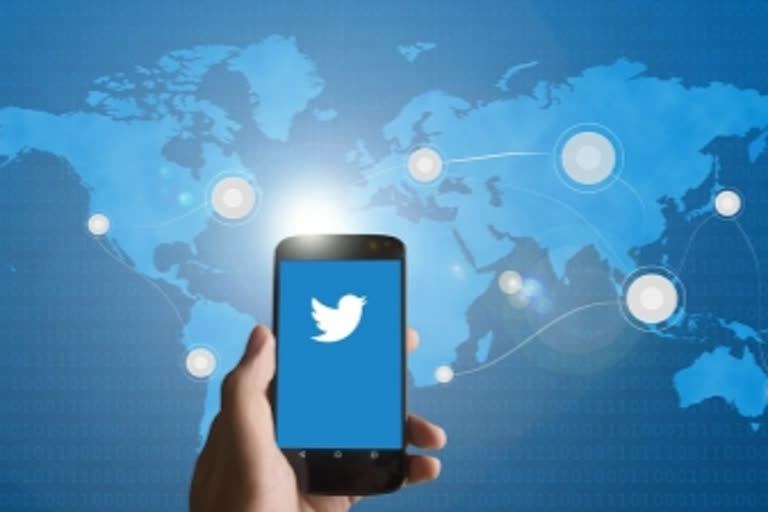New York: Elon Musk, still the world's richest man, is poorer by nearly $39 billion since he spoke of buying out Twitter. Irony. At $231 billion of worth on the Forbes Real Time Billionaires Index at close of play on Friday, only part of Musk's losses are because of his still single-digit ownership of Twitter. Most of the vapourisation is coming from investors abandoning Tesla. Their carp is that legal issues at Twitter might distract the maverick suitor.
Of his two infatuations, Musk's Tesla has fared worse. Stock was down almost 21 per cent in the last 30 days at $769 Friday. Seventeen days back, Musk had put a $44-billion tag to buy out Twitter. On Friday, he threatened a classic u-turn, saying he demanded greater clarity that Twitter has just 5 per cent fake accounts. "Twitter deal temporarily on hold pending details supporting calculation that spam/fake accounts do indeed represent less than 5% of users," Musk tweeted, challenging Twitter's claim that spam and bot accounts are less than 5 per cent of total users.
Predictably, Twitter crashed more than 25 per cent at one point. It managed to arrest the bloodbath only when Musk followed up saying he s "still committed to the acquisition." The stock recovered somewhat to 9.67 per cent down at just over $40, still way below the $54.20 per share purchase price Musk said he would put on the table. Friday's closing is just a hair breadth above the 39.31 price on April 1, when Musk chose to disclose that he had built up a sizeable stake in TWTR stock. His delayed disclosure is legally suspect under Securities and Exchange Commission rules.
Twitter's market cap on Friday was $34.458 billion. That's an uncool $9.5 billion lower than what Musk had dangled for a complete buyout. Musk's long shadow seems to engulf morale and talent. Two top Twitter executives exited just this week. Twitter's general manager of consumer product Kayvon Beykpour said CEO Parag Agrawal asked him to leave. General manager of revenue Bruce Falck announced his departure too.
